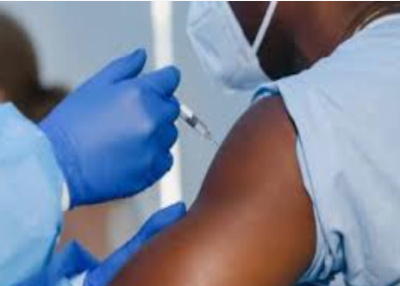The Pan American Health Organization (PAHO) has unveiled a set of innovative guidelines aimed at equipping health professionals and other key stakeholders with the tools necessary to identify and counteract vaccine misinformation. This initiative comes in response to the escalating threat posed by false information, which has the potential to erode public trust in immunization and hinder public health advancements across the Americas. The guidelines are tailored for a diverse audience, including health workers, national immunization program managers, health communicators, journalists, educators, and content creators, to enhance their ability to discern and address misleading vaccine-related narratives. Daniel Salas, executive manager of PAHO’s Special Programme for Comprehensive Immunization, emphasized that even brief exposure to vaccine misinformation can significantly impact individuals’ perceptions and their willingness to get vaccinated. The documents highlight common tactics used to disseminate false information, such as the misuse of data, emotional appeals, conspiracy theories, and the selective use of facts to lend credibility to false claims. Additionally, the guidelines provide practical advice on identifying red flags in misleading materials, such as grammatical errors, sensationalist headlines, and excessive use of capitalization. PAHO underscores the critical role of health workers as trusted sources of information and offers recommendations for addressing patient concerns with empathy and transparency. For journalists, the guidelines suggest strategies for balanced, evidence-based reporting to avoid inadvertently spreading anti-science narratives. Educators are provided with classroom activities designed to enhance students’ media, digital, and health literacy, encouraging critical evaluation of information encountered online. PAHO stresses that combating misinformation must be part of broader efforts to build trust and increase vaccination coverage. Salas noted that while addressing misinformation is crucial, it is not a standalone solution. In regions with low vaccination rates, PAHO encourages the use of tools like microplanning and insights into social and behavioral drivers to better understand community perceptions and logistical barriers. Through these guidelines, PAHO aims to bolster vaccine confidence, strengthen national immunization programs, and sustain the Americas’ leadership in vaccination, a cornerstone of public health achievement in the region.
